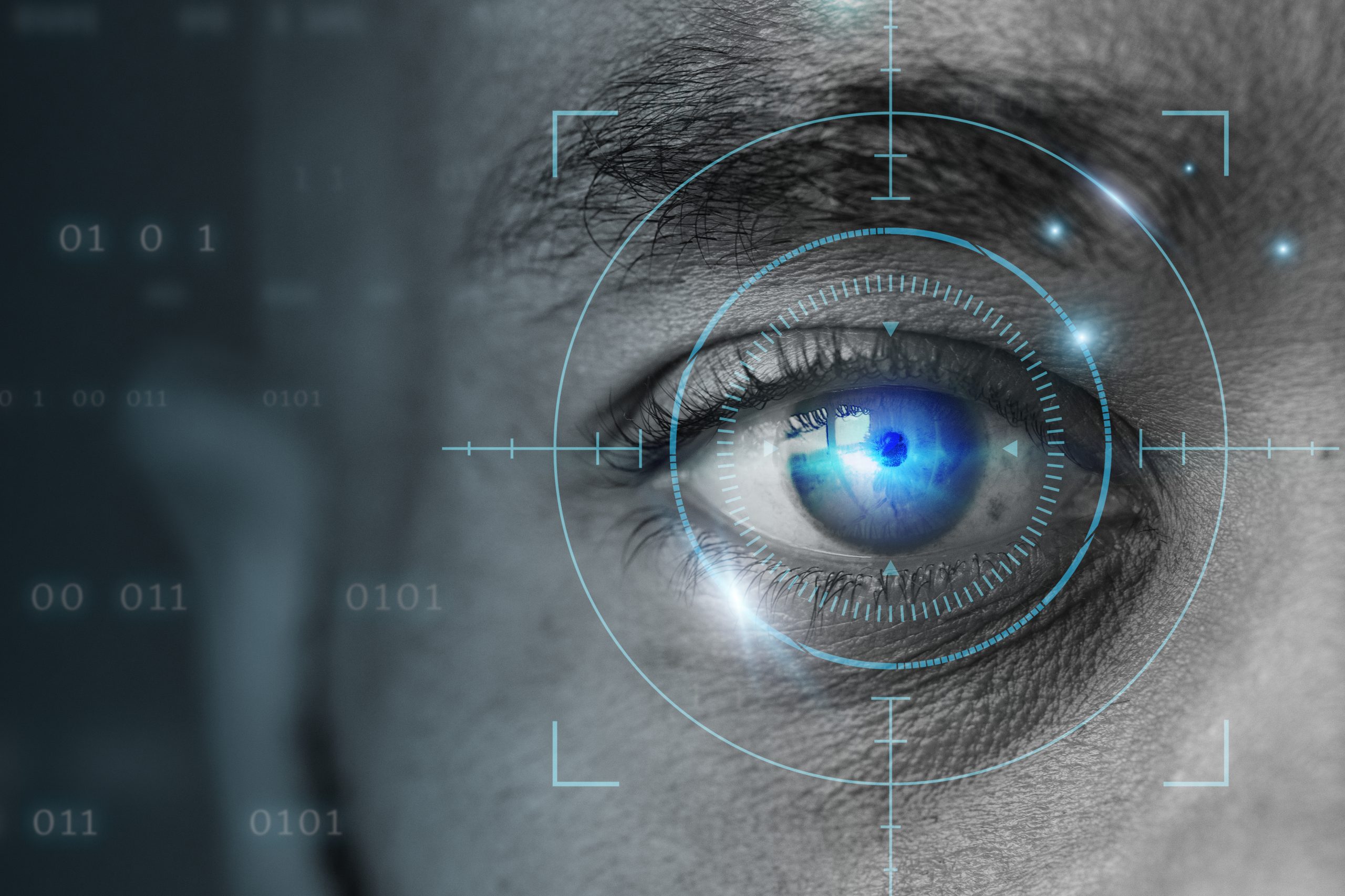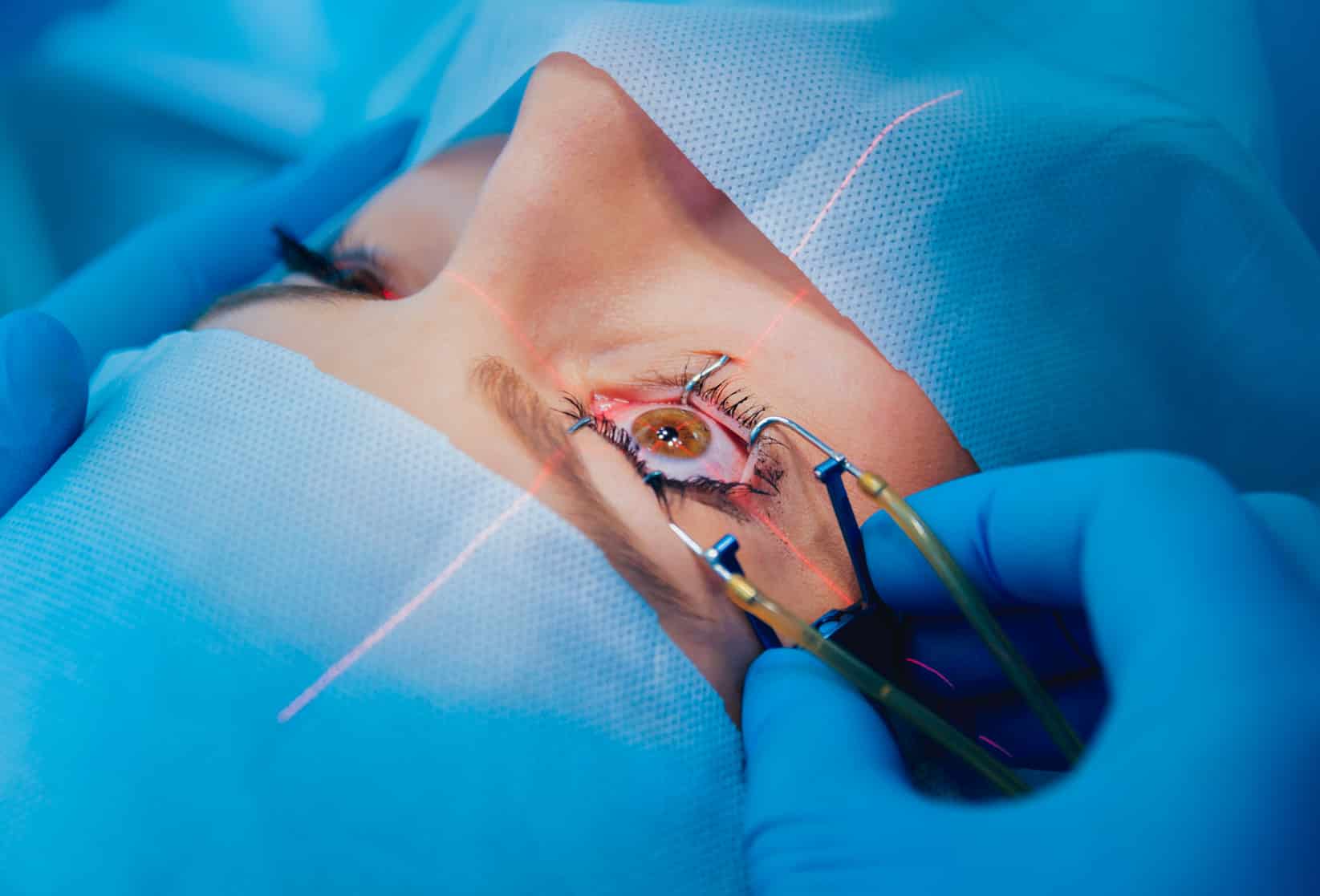Over 50% of the world’s population will be myopic by 2050. We are gradually becoming more and more reliant on eyeglasses and contact lenses. Laser therapy is an additional strategy for reversing myopia. To effectively treat refractive issues including myopia, hyperopia, and astigmatism, your ophthalmologist may suggest laser eye surgery. Consequently, what exactly is laser eye surgery? Farsightedness and nearsightedness problems in the cornea or maybe the lens of the eye is often corrected using laser eye surgery.
The phrase “Laser Assisted in Situ Keratomileusis” is an acronym. The surgical procedure is designed to restore vision perfectly while enabling a quick recovery. By cutting holes into the cornea and using a laser to shape the eye lens, other laser treatments and refractive surgical techniques alter the cornea’s structure. Alternative laser and refractive surgery procedures include the following:
Radial keratotomy, photorefractive keratectomy, and enhancement surgery are some examples of advanced surface ablation.
On the other hand, the laser eye surgery procedure involves reshaping the corneal tissue. A little amount of corneal tissue must be removed. A circular flap is established in the middle and then replaced once the cornea has been reshaped. This technique will correct the focusing energy on the eye lens, permitting clean vision.

What precisely are the advantages of LASIK eye surgery?
- Absolutely no discomfort is felt.
- Surgery on both eyes takes substantially less time than 15 minutes.
- Following surgery, eyesight stabilizes in 24 hours.
- No stitches or bandages are needed after surgery.
- If eyesight varies with age decades later, it could be treated.
What can I do to prepare for laser eye surgery?
- Patients who use contact lenses should stop using them two to three days before surgery.
- The patient’s medical history and eyes are examined by the eye doctor.
- Ocular pressure, pupil dilation, corneal mapping, corneal thickness, and these are usually checked.
- To reduce any potential pain, numbing eye drops are applied to the patient’s eye before to operation.
- In certain situations, medications are utilized to promote calm during the duration of therapy.
- Patients are instructed to eat just a light meal the morning before laser eye surgery.
What might I anticipate after surgery?
Right after your laser eye surgery, you can experience brief stinging and burning in your eyes. While the great majority of patients recover after surgery with instant clear vision, a small percentage may have temporary clouded vision. Avoid wiping your eyes and refrain from driving until your eye is fully healed.
What dangers loom?
Unless the physician makes a mistake while generating the flap, blindness is a rare event. A thin cornea after laser eye surgery might result in blindness. Other bothersome symptoms including brightness, shifting vision, halos, and dry eyes might sometimes occur.

Who cannot get laser eye surgery?
individuals with erratic refractive powers who are significantly younger than or even in their early 20s. those who may be experiencing hormonal changes as a result of diseases like diabetes. those who have fluctuating eyesight as a side effect of medicine mothers who are breastfeeding or expecting a child. those who regularly participate in close-contact sports like wrestling and martial arts.
Under no circumstances should a patient choose surgery as a result of someone else’s persuasion. Prior to making a decision, speak with a laser eye surgeon about the dangers involved.
The laser eye surgery for correcting vision is revolutionary. Furthermore, millions of individuals get laser therapy annually, making it highly widespread. Unfortunately, lies thrive in popular culture. At our eye clinic, we’re committed to debunking common misconceptions regarding laser eye surgery and providing factual information.
Here are five prevalent myths about laser eye surgery and the reasons they’re untrue.
Myth #1: Eye burns may happen from the laser used for laser surgery on the eyes!
False! Many people believe this because after laser eye surgery, an odd odor may sometimes occur when the excimer laser reshapes your cornea. Instead of producing heat, the excimer laser produces a powerful beam of light.
When collagen molecules are split in situ with the excimer laser, carbon is actually released into the environment, which gives off that peculiar odor.

Myth #2: You’ll start to lose your sight.
As at the time of this writing, no cases of blindness related to laser eye surgery have been reported. According to a recent study, persons were 34 times more likely to go blind from contact lens infection than from laser eye surgery.
But if the right aftercare plan is not followed, the effects (especially infections) might lead to blindness. Despite being highly uncommon, this has happened. When you follow your surgeon’s postoperative recommendations, the majority of eye surgery LASIK complications may be avoided. Laser eye surgery does not result in blindness.
Consult an ophthalmologist right away if you notice anything strange or ominous pertaining to your laser eye surgery. It’s typically better to be safe than sorry, even if it turns out to be nothing!
Myth #3: Lasik eye surgery is a painful operation.
Lasik eye surgery is completely painless. Pain is obviously a highly personal sensation. What one person could see as little discomfort for another person might be agony. The laser pressure is reportedly the part of laser eye surgery that our patients find the most inconvenient. A suction device is employed while the excimer laser is being used to keep your eye stable. Being unable to move your eyes during surgery and obstruct the procedure is good. However, this requires suction, which might put an irritating amount of strain on your eye. As the excimer laser heals your eye, this sensation will only last a few seconds.
Myth #4: LASIK has a short lifespan.
Laser eye surgery is a permanent procedure. Your eye doctor will continue to examine you once a year to monitor your eye health. Furthermore, regardless of whether they first received laser eye surgery, the majority of people will eventually acquire cataracts and presbyopia. This is without a doubt the main factor contributing to the myth’s propagation. Presbyopia and cataracts both result in significant visual changes, and some people believe that laser eye surgery will correct these anomalies.
Presbyopia and cataracts are conditions that damage the eye’s lens, not the cornea. Due to the fact that laser eye surgery can only alter the cornea’s curvature, surgery has no effect on the lens and cannot treat visual problems caused by the lens.
More to read: Micro CPAP Devices: Do They Work?




